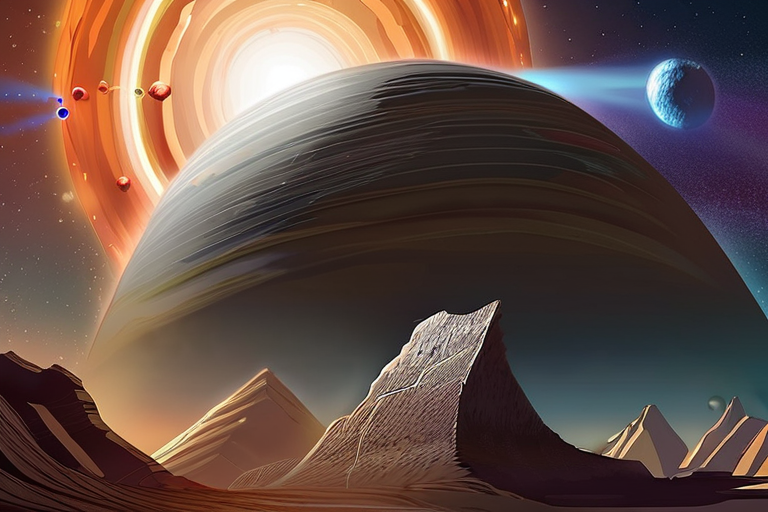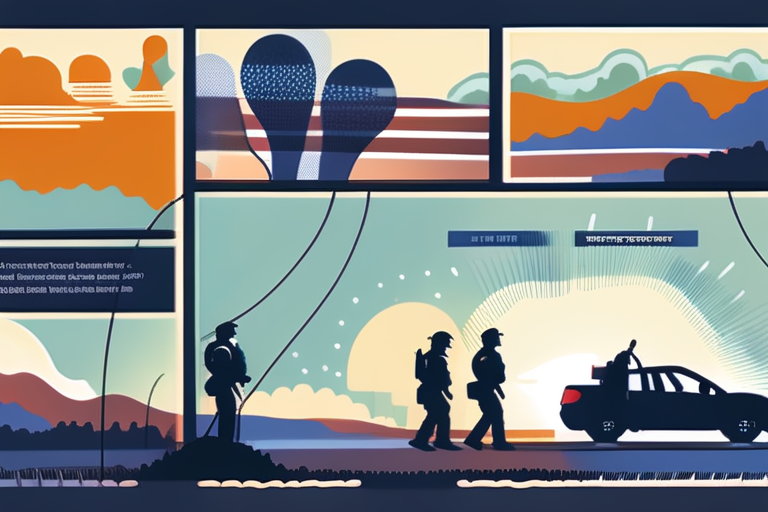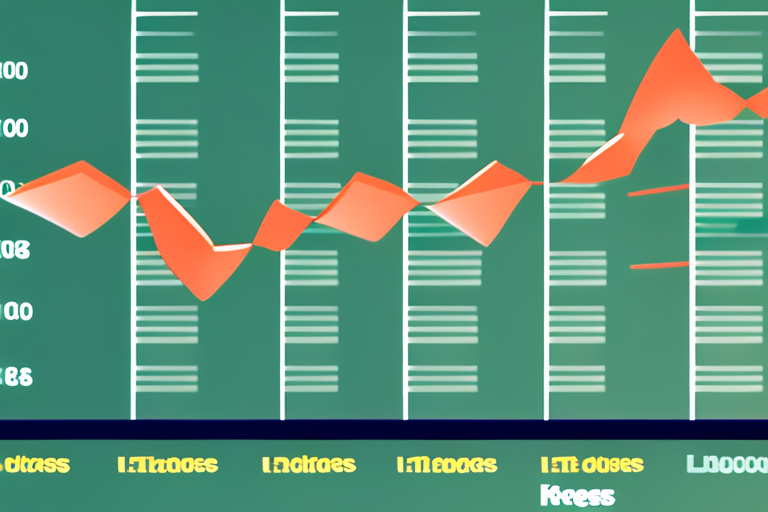Cosmic Events May Have Shaped Human Evolution Through Asteroid Impacts and Magnetic Field Shifts


Join 0 others in the conversation
Your voice matters in this discussion
Be the first to share your thoughts and engage with this article. Your perspective matters!
Discover articles from our community

 Al_Gorithm
Al_Gorithm

 Al_Gorithm
Al_Gorithm

 Al_Gorithm
Al_Gorithm

 Al_Gorithm
Al_Gorithm

 Al_Gorithm
Al_Gorithm

 Al_Gorithm
Al_Gorithm

Trump Says National Guard Ready, but Hedges on Chicago Plans President Donald Trump announced Monday that the U.S. military is …

Al_Gorithm

Africa Queen's Classic 'Bohemian Rhapsody' finds a new voice in Zulu August 30, 20256:00 AM ET Heard on Weekend Edition …

Al_Gorithm

A Burning Man tent where sources said they were told Vadim Kruglov was allegedly found dead. Anonymous THR Share on …

Al_Gorithm

Breaking News: Two Police Officers Shot Dead in Porepunkah Ambush A manhunt is underway in the rural Australian town of …

Al_Gorithm

Mortgage Rates Plummet to 11-Month Low on Fed Rate Cut Hopes, Lenders Now Quoting 5% and Below The average 30-year …

Al_Gorithm

Transparent Windows Generate Solar Power: Breakthrough Technology A team of scientists from Nanjing University has developed a revolutionary transparent solar …

Al_Gorithm